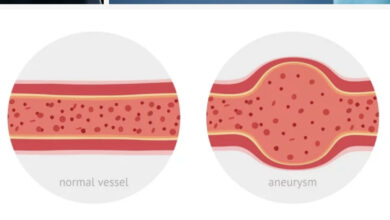ANOTHER TEST TO DIAGNOSE ALZHEIMER’S DISEASE

ANOTHER TEST TO DIAGNOSE ALZHEIMER’S DISEASE
There seems to be a “flood” of tests to diagnose Alzheimer’s Disease written about in recent months. First it was Tau protein and amyloid protein detected in spinal fluid; then it was the AzoSure blood test which could predict Alzheimer’s six years in advance of symptoms; then we learned about P-Tau 181 and it’s correlation to PET scan findings. Now we have the first diagnostic biomarker that is intended as a screening test on cerebrospinal fluid and could potentially eliminate the need for PET scanning.
Called the Lumipulse G Beta-amyloid Ratio test, it detects amyloid plaques in patient’s brains. It measures the ratio of Beta-amyloid 1-42 to Beta-amyloid 1-40 in spinal fluid and helps determine the likelihood of amyloid plaques in the brain. It is intended as a screen for cognitively impaired adults age 55 and older to determine if their symptoms are due to Alzheimer’s.
It is not, however, a “stand-alone,” absolute test. It must be used in conjunction with a thorough clinical evaluation. Also, it has previously been said that it’s not a certainty that amyloid plaques are the lesion that causes the symptoms of Alzheimer’s disease so more research is needed. However, of the positive Lumipulse tests, “97% came from patients whose PET scans showed the presence of amyloid plaques.” Of the negative Lumipulse tests, 84% also had a negative amyloid PET scan.
Research into the mysteries of Alzheimer’s dementia is reaching a fever pitch. That’s a good thing because it could someday lead to prevention of the disease altogether. Alzheimer’s takes the person away from its body. It’s a devastating disorder that currently is untreatable. If research could discover something that could arrest its progression, or even interrupt its inception, individuals and families would rejoice.
Reference: News from the Food and Drug Administration. New test to help diagnose Alzheimer’s Disease. JAMA 2022 June 21;327(23):2281.




